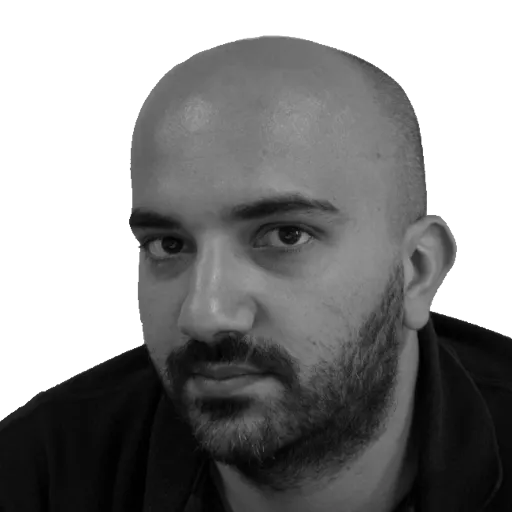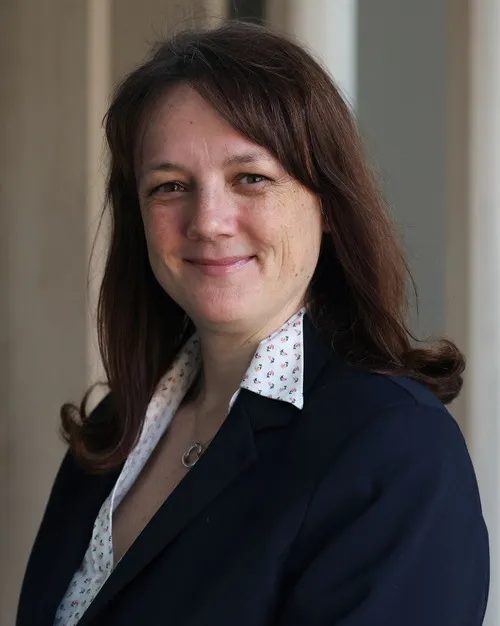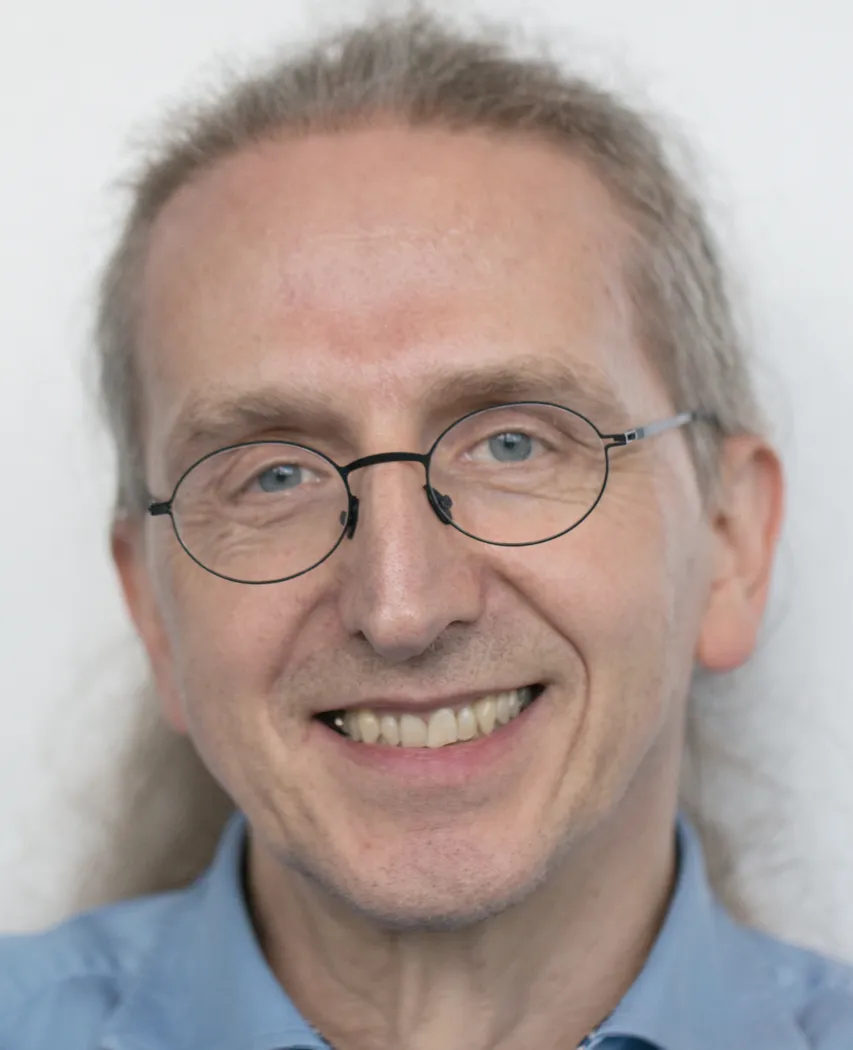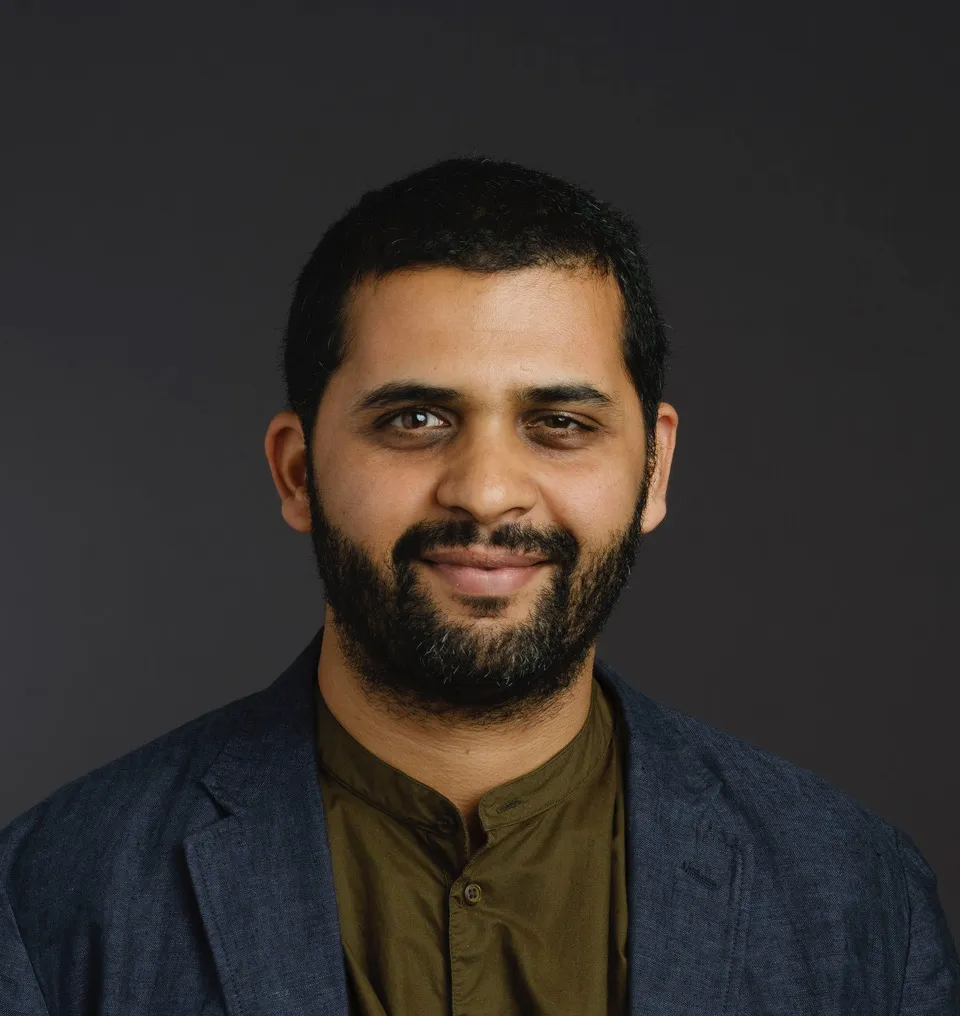Invited Speakers
University of Calabria
Generative Datalog and Answer Set Programming

Abstract
Generative Datalog is an extension of Datalog that incorporates constructs for referencing parameterized probability distributions. This augmentation transforms the evaluation of a Generative Datalog program into a stochastic process, resulting in a declarative formalism suitable for modeling and analyzing other stochastic processes. This speech provides an introduction to Generative Datalog through the lens of Answer Set Programming (ASP), demonstrating how Generative Datalog can explain the output of ASP systems that include @-terms referencing probability distributions. From a theoretical point of view, extending the semantics of Generative Datalog to stable negation proved challenging due to the richness of ASP relative to Datalog in terms of linguistic constructs. On a more pragmatic side, the connection between the two formalisms lays the foundation for implementing Generative Datalog atop efficient ASP systems, making it a practical solution for real-world applications.
Short bio
Mario Alviano graduated cum laude and obtained his Ph.D. at University of Calabria. Since February 2011 he works for the Department of Mathematics and Computer Science of University of Calabria: two years as PostDoc, four years as Researcher, and since January 2017 he is Associate professor. He teaches Secure Software Design, Cyber Offense and Defense and Assembly Programming. He is an active researcher in Knowledge Representation and Reasoning, focused on Answer Set Programming and other formalisms for combinatorial search and optimization.
Mario Alviano won the Italian best thesis in Artificial Intelligence award 2008 (AIxIA, Italian Association for Artificial Intelligence). In 2012 he was awarded an honourable mention for his thesis by the European Coordinating Committee for Artificial Intelligence (ECCAI). In 2015 and 2016 he won the ICLP Best Paper Award, and in 2017 he won the Artificial Intelligence Award "Marco Somalvico" from AIxIA (best Italian young researchers in AI).
University of Liverpool
Combining symbolic and machine learning approaches for automating legal reasoning

Abstract
The need for AI applications to be explainable and trustworthy is eminently clear in domains where AI-supported decisions can have significant real-world consequences. The field of law is one such characteristic domain. In this talk I will present an overview of recent research investigating how different AI techniques can be combined to provide support for automating reasoning about legal cases in an efficient and explainable manner. Symbolic, logic-based techniques are used to represent the legal knowledge of a domain in a structured manner and machine learning techniques are used to identify the inputs to the symbolic model. The hybrid approach enables the different techniques to be targeted towards the particular tasks where they are most effective, within the overall automation pipeline. I will provide an overview of the hybrid system along with the first sets of results of experiments evaluating the performance of the hybrid system where the domain used is legal cases from the European Court of Human Rights.
Short bio
Katie Atkinson is Professor of Computer Science and Dean of the School of Electrical Engineering, Electronics and Computer Science at the University of Liverpool, UK. Katie’s research expertise is within the fields of computational models of argument and AI & law. Over the past 20 years, Katie has published over one hundred and fifty articles in peer-reviewed conference proceedings and journals, and has also applied her work in a variety of industrial projects with law firms, both large and small. Katie served as President of the International Association for Artificial Intelligence and Law (IAAIL) from 2016-2017 and she is currently Vice-President of the Steering Committee for the Computational Models of Argument (COMMA) community. Since 2020, Katie has served as a member of the Lawtech UK Panel, a government-backed initiative to help transform the UK legal sector through technology. Katie’s current research is focussed on explainable AI for the legal domain.
TU Dresden
Repairing Description Logic Ontologies

Abstract
Ontologies based on Description Logics may contain errors, which are usually detected when reasoning produces consequencesthat follow from the ontology, but do not hold in the modelled application domain. In previous work, we have introducedrepair approaches for EL ontologies that are optimal in the sense that they preserve a maximal amount of consequences. In this paper, we will, on the one hand, review these approaches, but with an emphasis on motivation rather than on technical details. On the other hand, we will describe new results that address the problems that optimal repairs may become very large or need noteven exist unless strong restrictions on the terminological part of the ontology apply.We will show how one can deal with these problems by introducing concise representations of optimal repairs.
Short bio
Franz Baader is full professor for Theoretical Computer Science at TU Dresden (Germany) since 2002 and director of the Institute for Theoretical Computer Science at TU Dresden since 2005. He has received his doctoral degree Dr.-Ing.) in Computer Science from the University of Erlangen-Nürnberg in 1989, and from 1989 to 1993 was senior scientist and project leader at the Germany Research Center for Artificial Intelligence (DFKI) in Kaiserslautern and Saarbrücken. From 1993 to 2002 he was professor for Theoretical Computer Science at RWTH Aachen.
His main research area is Logic in Computer Science, and there in particular Automated Deduction and Knowledge Representation. He and his research group have worked on Description Logics for 30 years, and have laid the the logical and algorithmic foundations for the Description Logics underlying OWL and the OWL 2 profile OWL 2 EL. Franz Baader is a fellow of the European Association for Artificial Intelligence (EurAI) since 2004 and a member of the Academia Europaea since 2011. In 2020 he received the Herbrand Award for Distinguished Contributions to Automated Reasoning.
University of Edinburgh
Excursions in first-order logic and probability: infinitely many random variables, continuous distributions, recursive programs and beyond

Abstract
The unification of the first-order logic and probability has been seen as a long-standing concern in philosophy, AI and mathematics. In this talk, I will briefly review our recent results on revisiting that unification. Although there are plenty of approaches in communities such as statistical relational learning, automated planning, and neuro-symbolic AI that leverage and develop languages with logical and probabilistic aspects, they almost always restrict the representation as well as the semantic framework in various ways which do not fully explain how to combine first-order logic and probability theory in a general way. In many cases, this restriction is justified because it may be necessary to focus on practicality and efficiency. However, the search for a restriction-free mathematical theory remains ongoing. In this article, we discuss our recent results regarding the development of languages that support arbitrary quantification, possibly infinitely many random variables, both discrete and continuous distributions, as well as programming languages built on top of such features to include recursion and branching control.
Short bio
Dr Vaishak Belle is a Chancellor’s Fellow and Reader at the School of Informatics, University of Edinburgh. He is an Alan Turing Institute Faculty Fellow, a Royal Society University Research Fellow, and a member of the RSE (Royal Society of Edinburgh) Young Academy of Scotland. At the University of Edinburgh, he directs a research lab on artificial intelligence, specialising in the unification of logic and machine learning, with a recent emphasis on explainability and ethics. He has given research seminars at academic institutions such as MIT and Oxford, tutorials at AI conferences, and talks at venues such as Ars Electronica and the Samsung AI Forum.
He has co-authored over 70 scientific articles on AI, at venues such as IJCAI, UAI, AAAI, MLJ, AIJ, JAIR, AAMAS, and along with his co-authors, he has won the Microsoft best paper award at UAI, the Machine learning journal best student paper award at ECML-PKDD, and the Machine learning journal best student paper award at ILP. In 2014, he received a silver medal by the Kurt Goedel Society. He has served on the senior program committee/area chair of major AI conferences, co-chaired the ML track at KR, among others, and as PI and CoI secured a grant income of close to 8 million pounds. Recently, he has consulted with major banks on explainable AI and its impact in financial institutions.